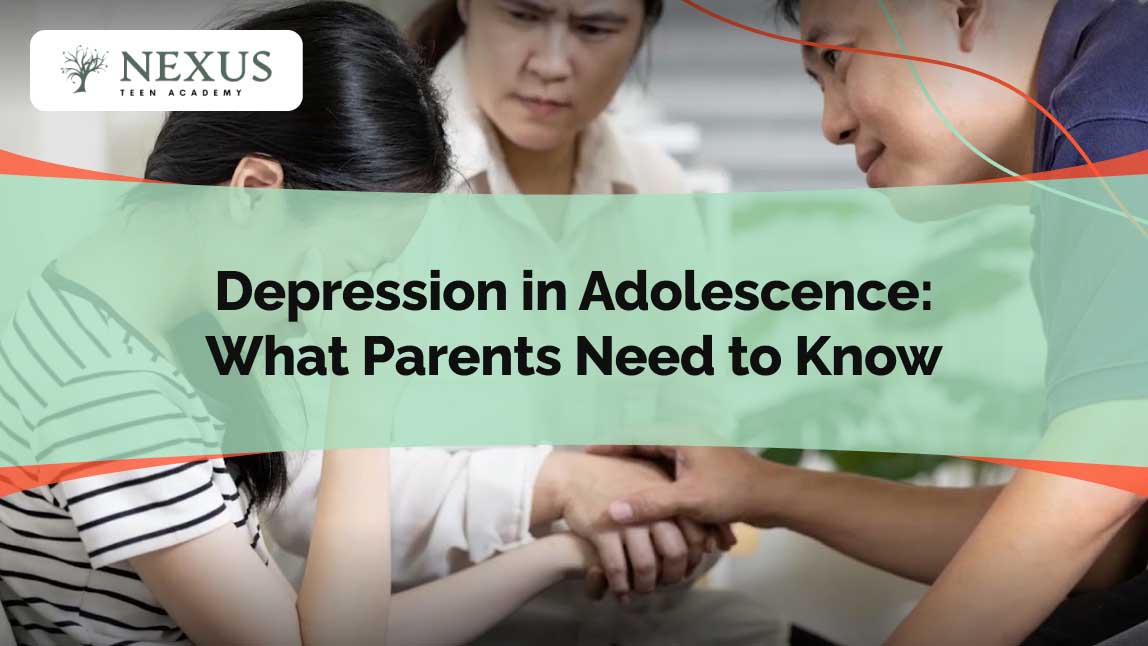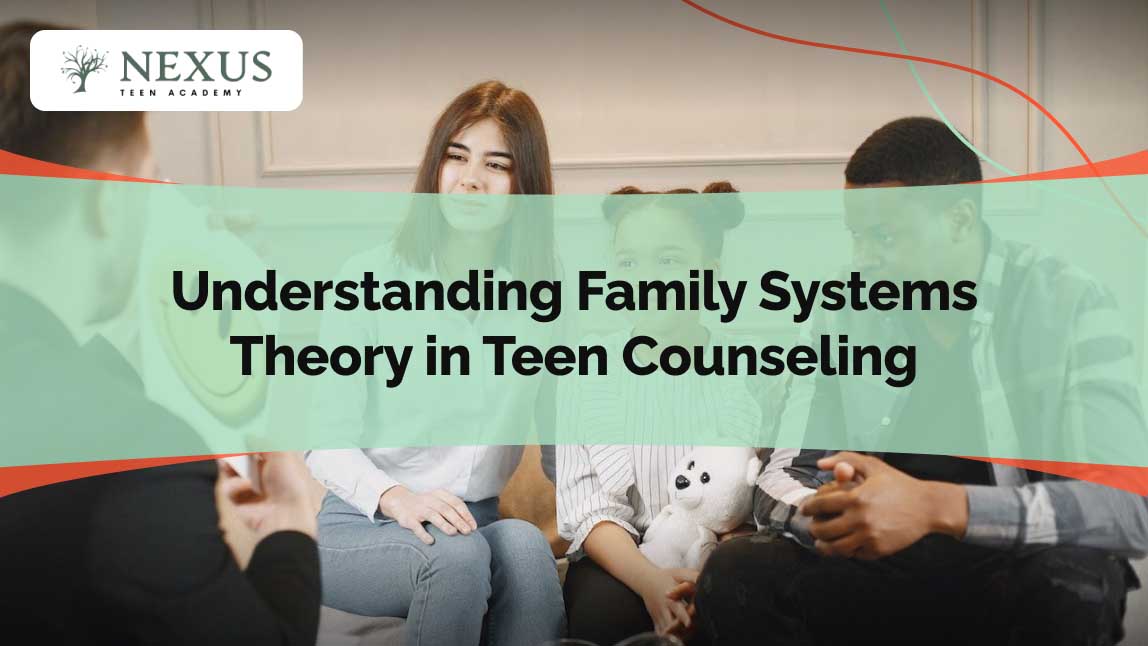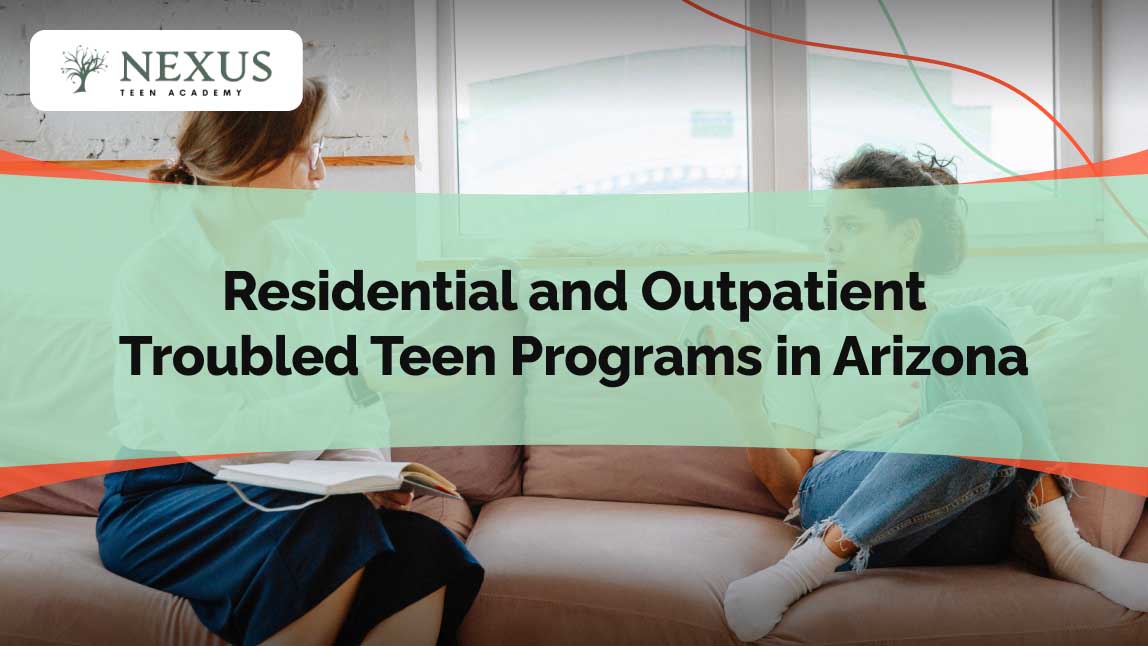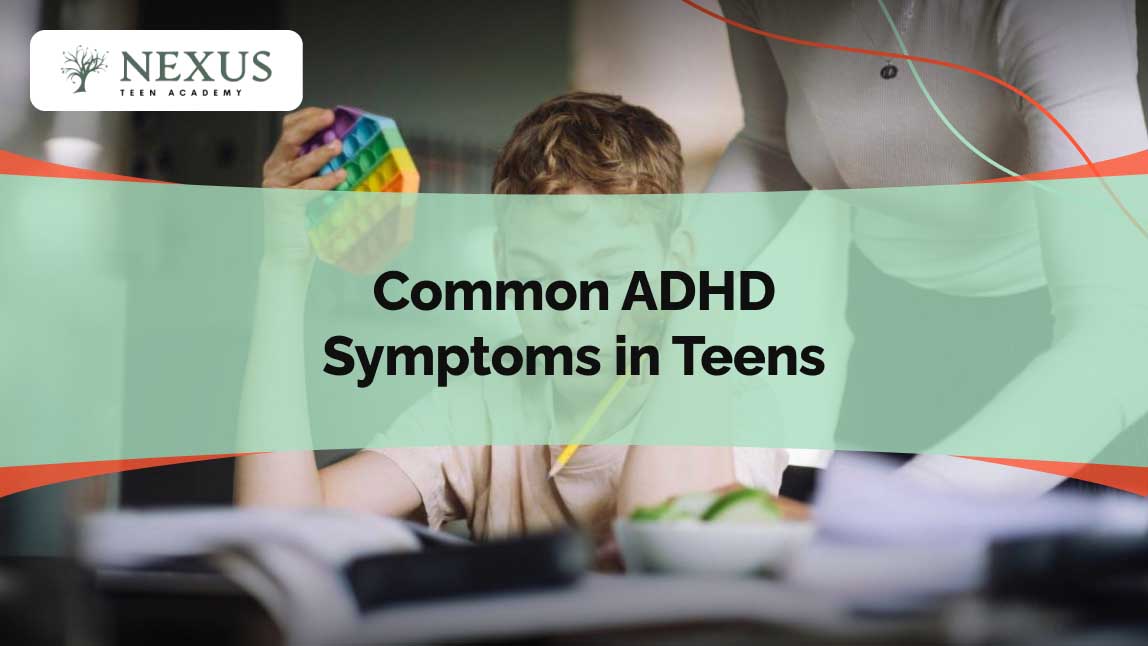Depression in adolescence has become common in the United States. According to data from Mental Health America, it is estimated that about 20% of teenagers have experienced a major depressive episode, while 15% of teenagers have experienced severe impairment due to depression. The same data ranks Arizona 50th with 24% of teens experiencing a major depressive …
More-
Understanding Nutritional Needs for Teenagers
The food your teen eats affects how they focus, feel, or even sleep. Proper teen nutrition builds a strong immune system and helps your teen manage stress. Despite the importance of nutrition, teenagers often fall victim to poor eating habits, such as skipping meals or eating too much junk food. In this article, we will …
More -
Understanding Family Systems Theory in Teen Counseling
Family therapy is essential in helping families reconnect. It addresses unhealthy family dynamics, conflict, and other factors that affect the family as a whole. Over the years, therapists have developed various techniques, such as family systems theory, to foster healing among family members. Family systems theory can provide essential insights into how family dynamics affect …
More -
Residential and Outpatient Troubled Teen Programs in Arizona
Troubled teen programs have become popular over the years. They are programs run to help troubled teenagers with problems like addiction, behavioral health issues, and mental health conditions. Although many parents think that these issues can easily be managed at home, it is always important to seek professional intervention. When you do so, you give …
More -
Common ADHD Symptoms in Teens
The National Comorbidity Survey-Adolescent Supplement estimates that 8.7% of US teens experience Attention-Deficit/Hyperactivity Disorder (ADHD) in their lifetime. While the condition begins during early childhood, most diagnoses happen during adolescence. Common ADHD symptoms in teens include inattentiveness, hyperactivity, and impulsivity. While caregivers may mistake them for normal teen behavior, these three symptoms often cause significant academic, social, …
More





